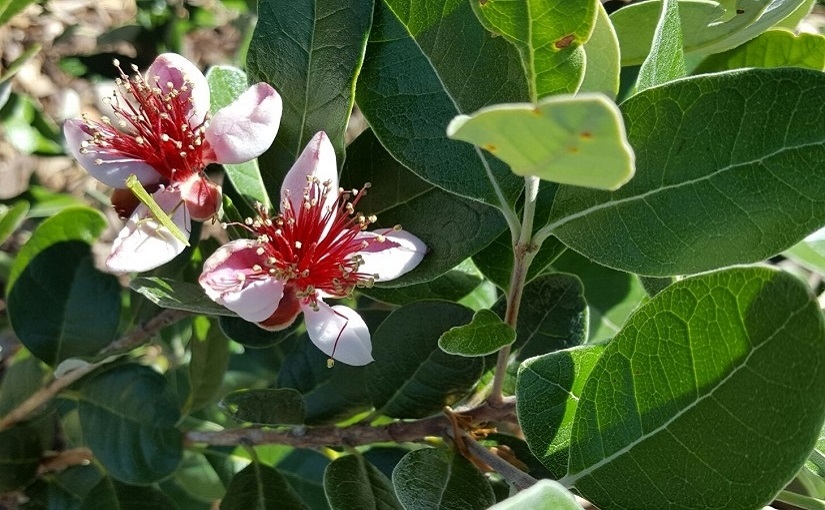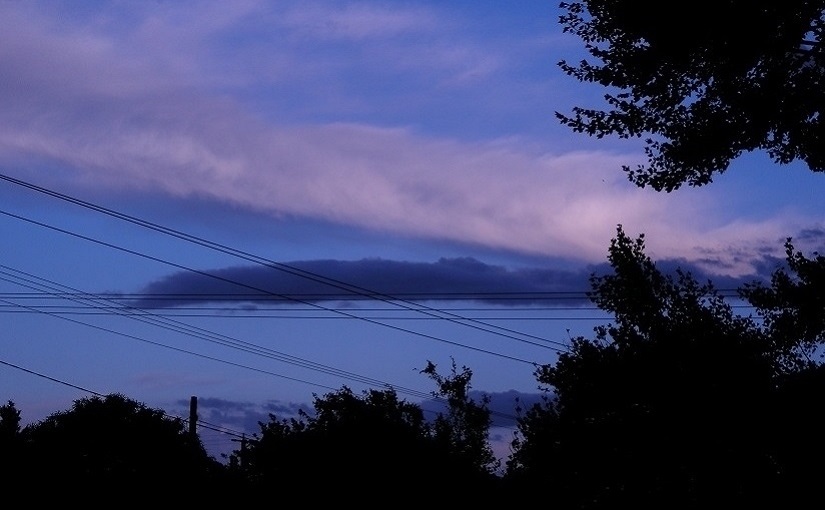Previously, my thoughts on art have drifted towards concepts of meaning, cultural trends, and personal identity (see Notes One); which contains a certain truth, in that art’s hard to grasp yet also a central part of human existence. Here though I want to look more specifically at how this cultural conversation might help in how we live.
In many ways, art seems a luxury. Familiarity, appreciation and understanding of it usually stem from a certain background; and all that can appear a non-essential part of life. Discussions often become slightly inaccessible or exclusive; relying on an understanding of concepts, individuals, and historical trends. That sense of high culture, visiting galleries, or embracing artists as a statement of identity or rebellion.
The art world’s not the easiest to find your feet in, and the weight of its history and established conversations can deter many from seeking entry. But that’s more what art carries with it: accumulations of social history. As with so much in life, it’s a struggle to get past the traditions of any field of activity: certain people tend to occupy these pockets of ideas and experiences, and that largely defines the discussions that happen.
But I really feel such obstacles shouldn’t deter us from seeking an active participation in human culture, from going toward what we don’t yet know and having new conversations. Art itself is surely just a way of seeing, of creating meaning, or of balancing truth and beauty within our understanding of life. That might be a challenge to engage with, but it’s also part and parcel of human existence.
For me, art’s essentially about representing reality and thereby creating a new layer of meaning; which of course then changes that reality both through its visual presence and in the conversations it can ignite. Clearly there’s a backstory of conventions and techniques, those deeper levels of engagement that can be an obstacle but also lead to slightly different discussions; yet it’s also simply an act of perception and questioning.
Within modern society though, our visual spaces are populated by advertising, media, technology, innovation, and so on; an increased pace and volume of imagery as “art” becomes easier to produce and consume. All of which creates an additional overlay of distraction and a further need for discernment.
If we look at art as this layer of meaning, of human beings seeking to conceptualise existence and engage one another in conversation over it, then both the weight of the past and the overwhelm of the present seem to threaten that. The power of art in getting us to see differently must depend on us all looking at the same things, and on a shared sense of quality and intention.
So much works against that kind of meaningful collective conversation, whether we’re talking about art, politics or almost anything else. Modern life seems scattered, pulled back, and struggling to make connections of the intensity art genuinely seems capable of offering; which is hopefully something we can move beyond.
Notes and References:
Note 1: The value of art in society
Note 1: Art, collaboration & commodification
Note 1: How many aren’t well represented?
Note 1: Mirrors we offer one another
Also What makes a good life which, in a way, looked at life as art and at the beauty of balance.










